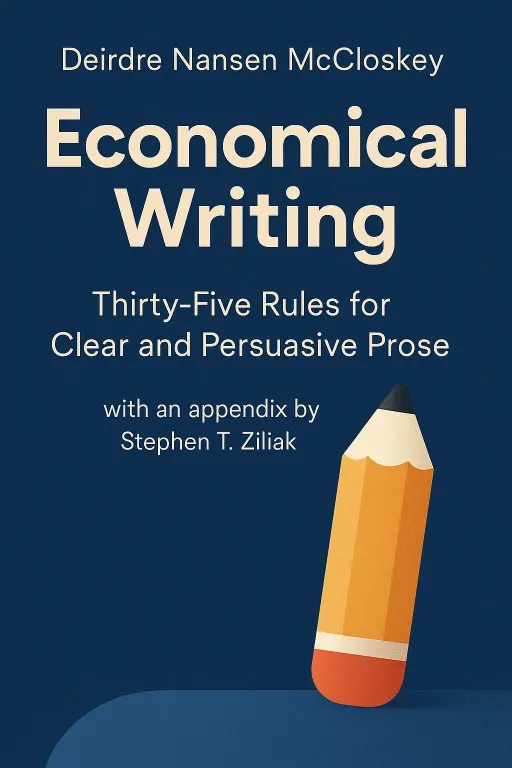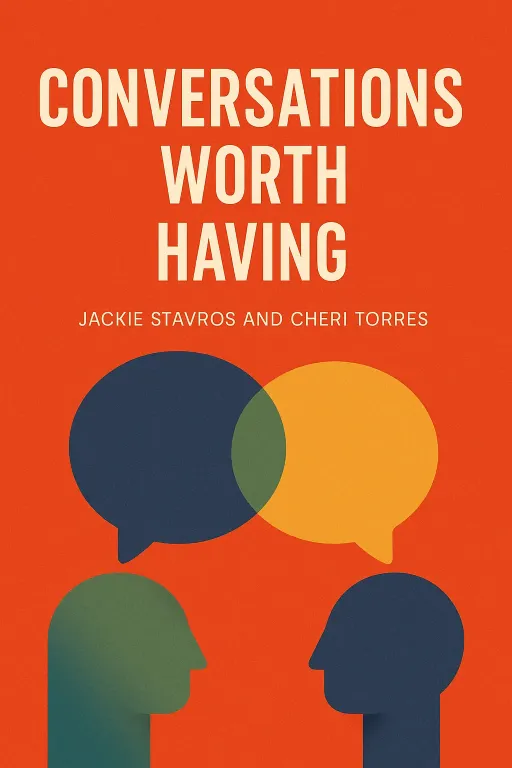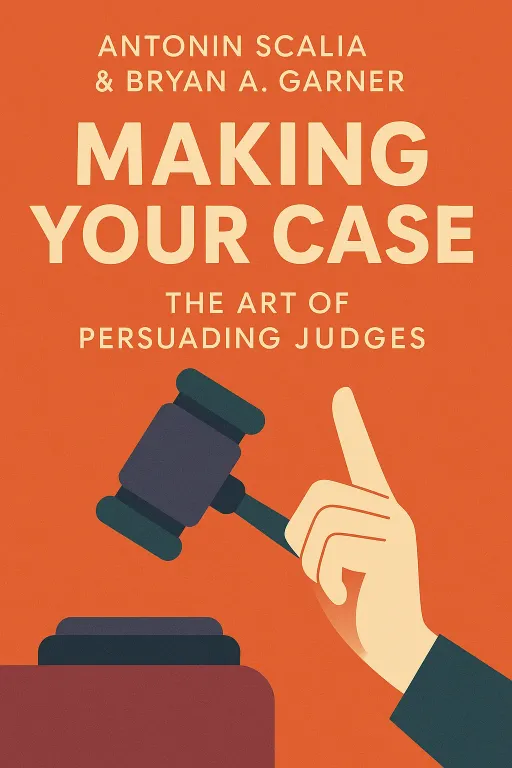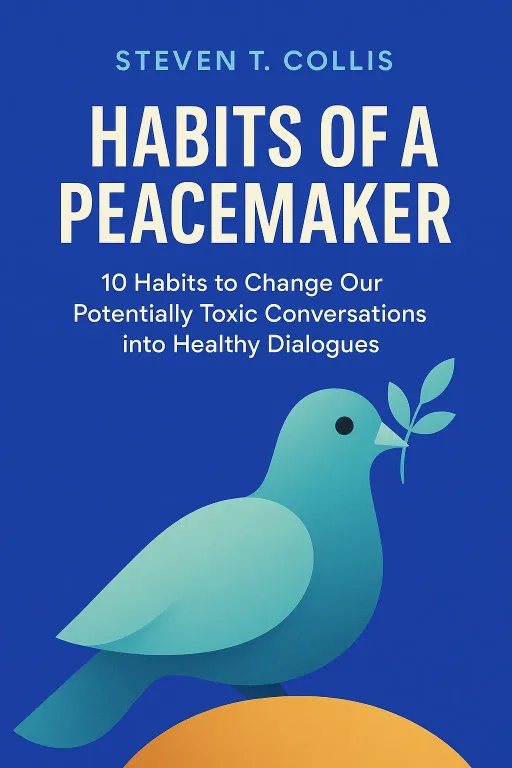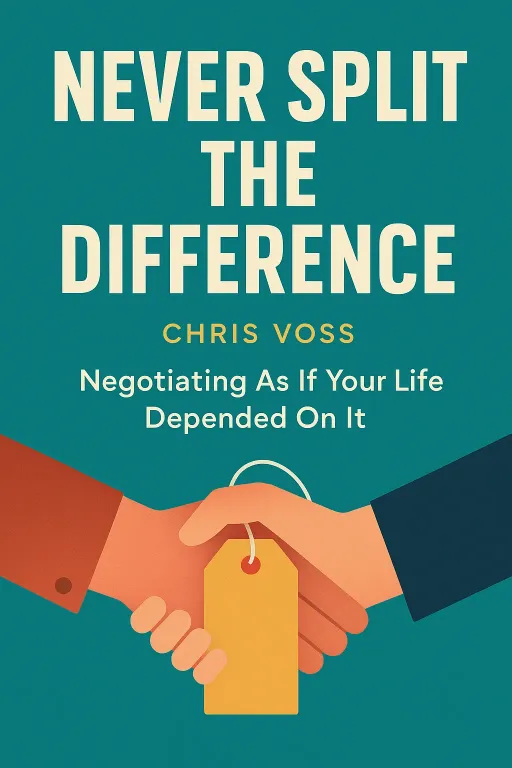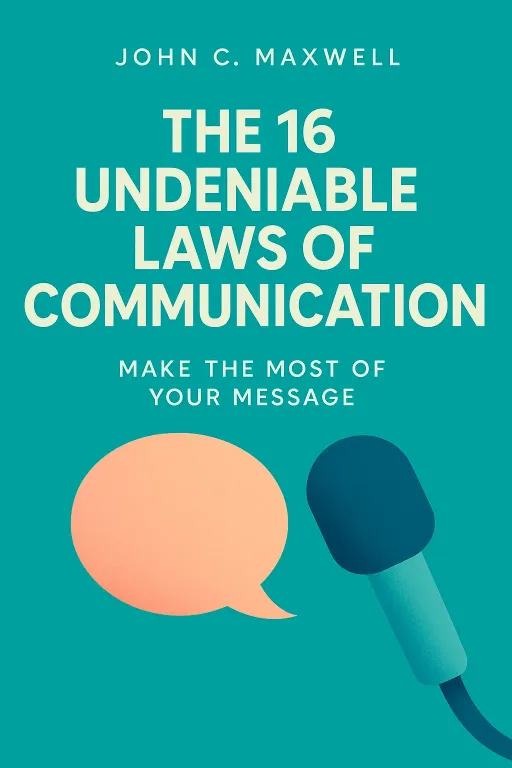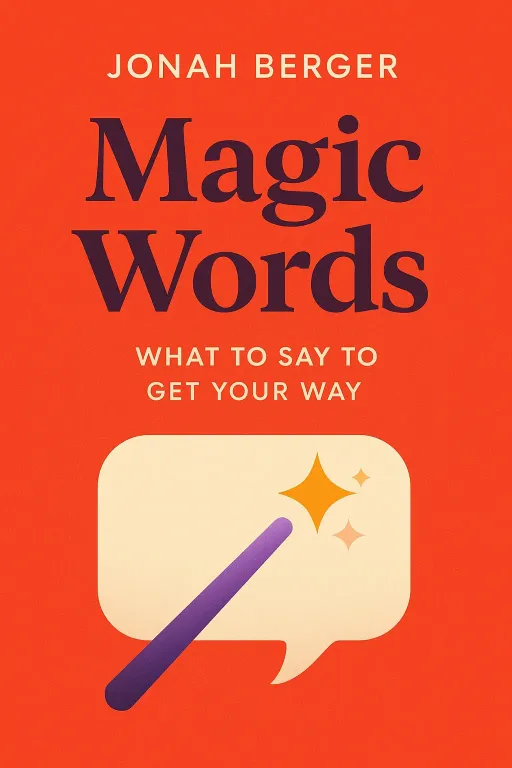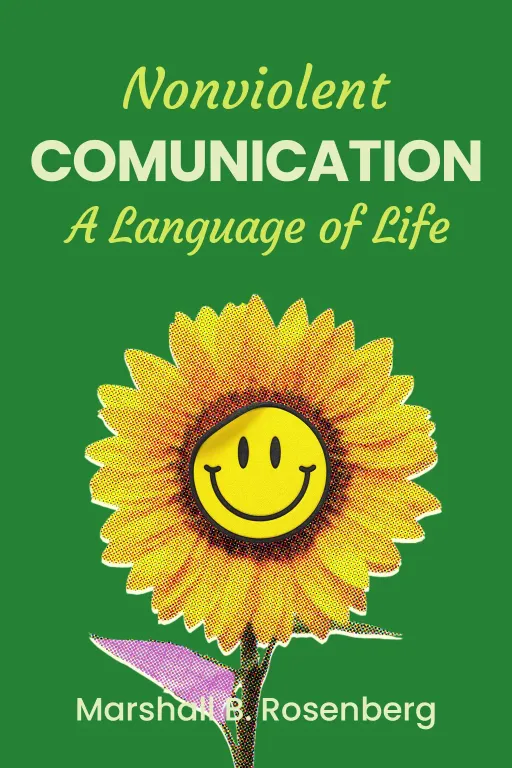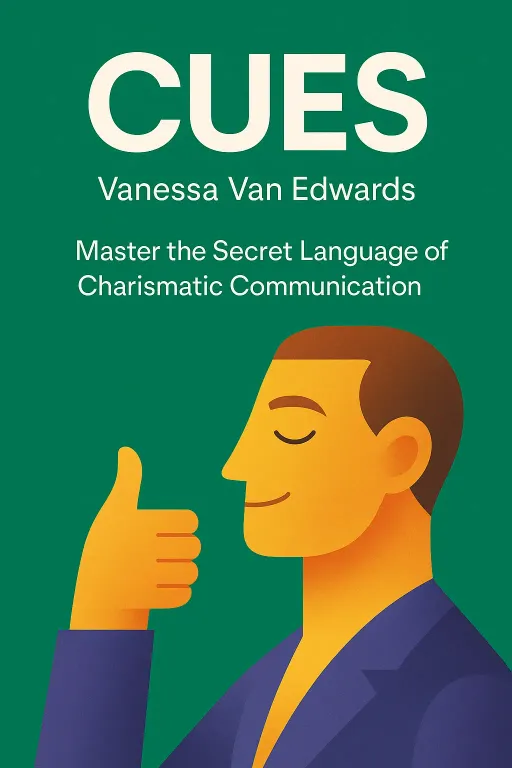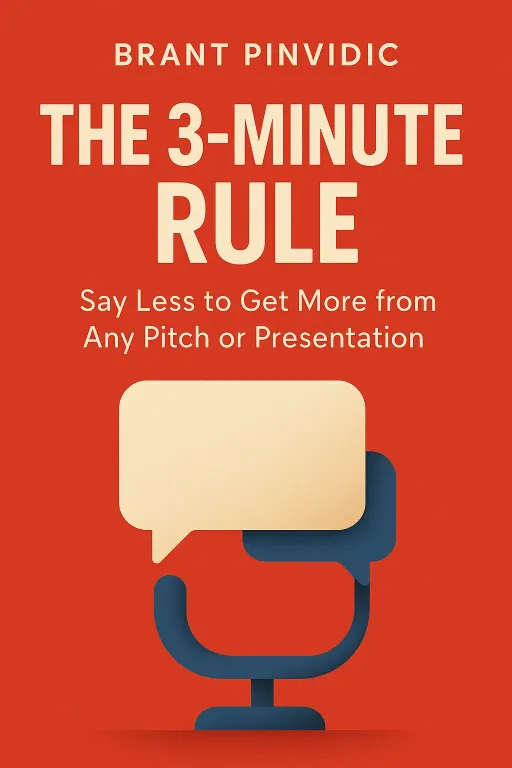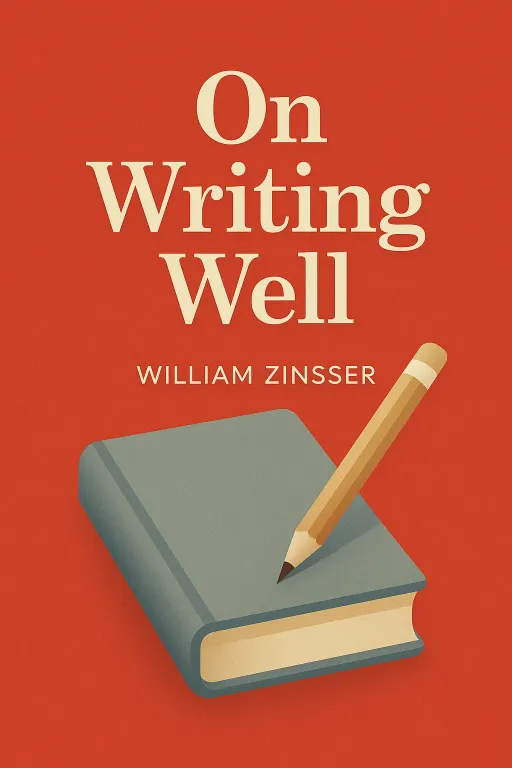
Clutter, Craft & Courage
12 minThe Classic Guide to Writing Nonfiction
Golden Hook & Introduction
SECTION
Michelle: Mark, if you had to describe the average business email you receive in one word, what would it be? Mark: "Clutter." Or maybe "soul-crushing." Can I have two? Because it's usually a soul-crushing amount of clutter. Michelle: That is the perfect, if slightly depressing, entry point for today's book. We are diving into On Writing Well by William Zinsser. Mark: I feel like my inbox needs a copy. Is this the book that’s supposed to magically fix our terrible writing? Michelle: It’s definitely the book that tries. And it has a serious legacy. It’s sold over 1.5 million copies since it first came out in 1976, and Zinsser himself was a legendary journalist and a beloved, long-time writing teacher at Yale. Mark: Ah, Yale. So it’s probably full of very stern, very complicated rules that I’m going to feel guilty about breaking. Michelle: That’s the fascinating part. You’d think so, but Zinsser’s central mission was the exact opposite. He wasn't about adding rules; he was about starting a war. A war on the very thing you just mentioned: clutter.
The War on Clutter: Simplicity as a Radical Act
SECTION
Mark: A war on clutter. I am ready to enlist. Where do I sign up? Because most writing, especially in a professional context, feels like wading through mud. Michelle: That’s what Zinsser called "the disease of American writing." He argued that our writing is choked with unnecessary words, roundabout phrases, and jargon that’s meant to make us sound important but only ends up confusing everyone. His cure was radical simplicity. Mark: Okay, but what does that mean in practice? Just use smaller words? Write like a first-grader? Michelle: It’s more profound than that. His fundamental belief was this: "Writing is talking to someone else on paper." And his core rule was to strip every single sentence down to its cleanest, most essential components. If a word isn't doing essential work, you cut it. No mercy. Mark: That sounds great in theory, but it also sounds exhausting. Who has the time to perform surgery on every single sentence of every email? And doesn't that risk making your writing sound… I don’t know, sterile and robotic? Michelle: That’s the exact fear he addresses, and he uses a fantastic story to illustrate why it’s so important. He talks about the arrival of the word processor in the 1980s. Mark: Oh, I can see where this is going. The great technological liberator. Michelle: Exactly. But he called it a double-edged sword. For good writers, it was a miracle. They could revise endlessly, swapping words, moving sentences, and polishing their work without having to retype a whole page. It made them better, more precise craftsmen. Mark: Makes sense. But what about the other edge of the sword? Michelle: For bad writers, it was a catastrophe. The ease of typing and the clean, professional look of the text on the screen created a dangerous illusion of quality. It allowed them to produce endless pages of long-winded, convoluted prose that looked official but said almost nothing. The technology amplified their worst habits. As Zinsser famously put it, "The word processor made good writers better and bad writers worse." Mark: Whoa. That is frighteningly relevant. That’s exactly what’s happening with AI right now, isn't it? It can generate paragraphs of perfect-sounding, grammatically correct nonsense in seconds. It’s the word processor problem on steroids. Michelle: Precisely. And that’s why Zinsser’s principle is more urgent today than it was in the 70s or 80s. His war on clutter was never just about grammar or style. It was a war for clarity of thought. He believed that if you couldn't write your idea in a simple, clear sentence, you probably didn't understand the idea yourself. You were just hiding in the clutter. Mark: Okay, that lands. It reframes the act of editing from just cleaning up words to actually sharpening your own thinking. You’re not just deleting fluff; you’re forcing yourself to figure out what you really mean. Michelle: You’ve got it. The simplicity he’s advocating for isn't simplistic. It’s a sign of intellectual rigor. And that rigorous thinking is the foundation for his next, and perhaps even more liberating, idea: how you actually find your own unique style.
Finding Your Voice: The Liberating Myth of 'Style'
SECTION
Mark: Alright, here we go. This is the part that always gets me. Every writing guide says "find your voice" or "be authentic." It feels like telling someone to "just be cool." It's impossible, un-actionable advice! How do you do it? Michelle: I completely understand that frustration, and Zinsser’s answer is beautifully counterintuitive. He argues that style isn't something you put on like a fancy coat. You don't "add" style. Style is what's left over after you've stripped away all the clutter, all the pretension, and all the words you used because you thought they would make you sound like a "writer." Mark: Hold on. So you’re saying the path to having a unique style is to… stop trying to have a style? Michelle: That's the core of it. He believed style emerges from the confidence to be yourself on the page. It’s the sound of your personality, your opinions, and your humanity coming through clearly because there’s no clutter in the way. It’s about writing for yourself, first and foremost. Mark: Writing for yourself. That also sounds a bit self-indulgent. Don't we have to think about the reader? Michelle: Of course, but his point is that you can't please every reader, so don't even try. If you try to write for a vague, imagined audience, you’ll end up with a bland, committee-approved voice that sounds like no one at all. Instead, write for yourself. Be interested in your own topic, have a strong opinion, and trust that your enthusiasm and clarity will pull the right reader in. He has a fantastic personal story about this. Mark: I’m all ears. A concrete example is what I need here. Michelle: He was writing an article and described some economically depressed towns with the sentence: "They don't look like cities that get visited by many visiting artists." He intentionally used that repetition of "visited" and "visiting" for its slightly folksy, rhythmic effect. It sounded right to his ear. Mark: Okay, I can hear that. It has a certain cadence. Michelle: But his editor, following the old-school rule that you should never use the same word twice in a sentence, changed it to: "They don't look like cities that are on the itinerary of many visiting artists." Mark: Ugh. That’s so much worse. It's clunky and corporate. It has no personality. Michelle: Zinsser thought so too! He fought the editor on it. He argued that the change, while technically following a "rule," completely destroyed the simple, human tone he was going for. He was defending his own ear, his own rhythm. He was defending his style. And he said that if you let editors chip away at those small, personal choices, you eventually lose your distinctiveness altogether. Mark: Wow. So he's saying you have to be willing to fight for your own choices, even if they seem to break a rule. That’s a really powerful idea. It’s about trusting your own judgment over some abstract principle. Michelle: Exactly. It’s about having the confidence to say, "This is how I sound, and this is how I want to tell this story." Now, it's worth noting that some critics have pointed out that Zinsser himself could be very prescriptive. He had his own lists of words he hated, what he called "journalese." Mark: That’s a fair point. He’s telling you to be yourself, but also, here’s a list of words you’re not allowed to use. There’s a tension there. Michelle: There is. And he even wrote a lesser-known sequel partly in response to some of that criticism. But I think his overarching message is consistent: master the craft, understand the principles, but ultimately, the final decision about what sounds right has to be yours. That confidence is the engine of style. Mark: Okay, that makes sense. But it brings up a big question. If you have to fight against clutter and fight for your style, it sounds like writing is basically a form of combat. Where on earth does the confidence for all that fighting come from?
The Writer's Mindset: From Fear to Craft and Courage
SECTION
Michelle: That question gets to the heart of the final part of his book, which is all about the writer's mindset. It’s not about rules anymore; it's about attitudes. He focuses on enjoyment, confidence, and viewing writing as a hands-on craft. Mark: A craft. I like that. It sounds less intimidating than "art." Art feels like it requires divine inspiration. Craft feels like something you can learn, like building a chair. Michelle: That's the perfect analogy. And he grounds this idea in a beautiful story about his own family. His great-grandfather founded a shellac manufacturing company in New York in the 1840s. The business was passed down to his father, who absolutely loved it. He didn't see it as just a business; he saw it as a craft. Mark: Shellac as a craft. I did not see that coming. Michelle: His father was obsessed with quality. He insisted on using the best raw materials and perfecting the process, even if it cost more. His motto, which he passed on to his son, was "Quality is its own reward." When a young William Zinsser told his father he didn't want to join the family business and wanted to be a writer instead, his father was surprisingly supportive. But that core value—the pride in craftsmanship, the obsessive attention to detail—stuck with him. Mark: That’s a fantastic story. It completely reframes writing. It’s not about being a tortured genius. It’s about being a good carpenter. You show up, you use the best tools you have, you respect the material, and you take pride in making something sturdy and useful and maybe even beautiful. Michelle: Yes! And that craftsman's mindset is what gives you the confidence. You’re not waiting for the muse to strike; you’re trusting in your process, in the hard work of rewriting and refining. But he adds one more crucial element to the mindset. It’s not enough to be a good craftsman in your workshop. Mark: What else is there? Michelle: You have to have courage. He tells a story about how he got the chance to go to Shanghai with two jazz musicians who were going to be the first to introduce jazz to the Shanghai Conservatory of Music. It was a huge risk, with no guarantee of success. But he went. A year later, one of the musicians wanted to test the acoustics of St. Mark's Basilica in Venice by playing Gregorian chants on his French horn late at night. Again, a wild idea. Zinsser went. Mark: He just… went? Michelle: He just went. And those trips resulted in two of his best articles. His takeaway from this is a powerful command for every nonfiction writer: "You must get on the plane." You can't wait for stories to come to you. You have to be proactive, curious, and courageous enough to chase them, even when the outcome is uncertain. Mark: That’s a great life lesson, not just a writing lesson. The best experiences don't happen while you're sitting at your desk waiting. Michelle: That’s it. The writer's mindset is this potent combination: the craftsman's dedication to quality, the confidence to be yourself, and the courage to get on the plane and find the story.
Synthesis & Takeaways
SECTION
Michelle: So when you pull it all together, you see this incredible philosophy emerge. The fight for simplicity is really a fight for clear thought. Your authentic voice emerges not from adding things, but from having the confidence to strip away everything that isn't you. And the entire process is fueled by a craftsman's pride and a courageous heart. Mark: It’s amazing. This book that, on the surface, seems to be about commas and adverbs is actually a guide to… well, to thinking bravely. It’s about having the courage to understand your own thoughts, the discipline to present them with absolute clarity, and the conviction to do it in your own voice, without hiding behind jargon or what you think you should sound like. Michelle: That’s a perfect summary. It’s a book about writing, but it’s really a manual for a more intentional and clear-headed way of engaging with the world. Mark: It makes you realize that every time you write something—an email, a report, anything—you’re making a choice. You can add to the clutter and confusion, or you can choose clarity. You can hide, or you can have the confidence to be understood. Michelle: Exactly. So I guess the question for all of us listening is: what clutter are we hiding behind, not just in our writing, but in our thinking? Mark: A question worth spending some time on. That was a fantastic deep dive. Michelle: This is Aibrary, signing off.
